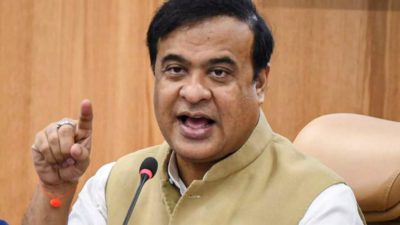
Previously, the Jumma break had been a long-standing practice, allowing Muslim legislators to take time off from Assembly proceedings for Friday prayers. Sarma highlighted that this break was originally introduced in 1937 by the then Assam Premier, Syed Saadulla, a member of the Muslim League, as part of broader colonial administrative practices. The Chief Minister expressed his gratitude to the Assembly Speaker Biswajit Daimary and other legislators for their support in making this "historic" decision.
Sarma emphasized that the decision to eliminate the Jumma break aligns with his government’s broader agenda to modernize the Assembly’s operations and ensure that its functioning remains uninterrupted by religious considerations. He added that the move would enhance productivity and reflect a more secular approach to governance.
The decision has sparked discussions across the political spectrum. While supporters of the ruling government have praised the move as a necessary modernization, critics argue that it undermines the religious freedoms of Muslim members. The Chief Minister, however, insists that the Assembly must prioritize legislative responsibilities over religious observances during its sessions.
This decision forms part of a broader effort by Sarma's administration to distance the state’s institutions from what he describes as "colonial vestiges." Over the past few years, the Assam government has undertaken various measures aimed at reshaping the state's identity, including renaming places, revising school curricula, and revisiting long-standing administrative practices.
As Assam moves forward with this decision, it marks a turning point in how religious practices are accommodated within governmental institutions, setting a precedent that could influence similar decisions in other states across the country.
